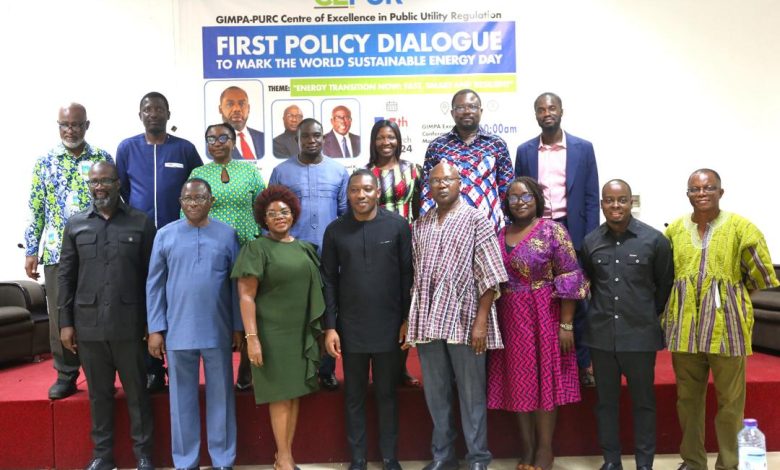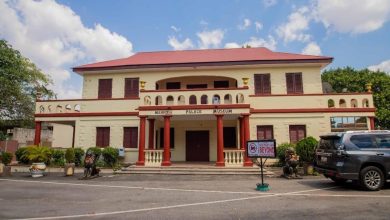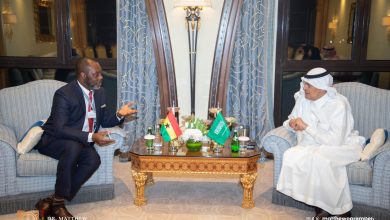Ghana to select nuclear plant vendor by end of 2024

Ghana will by the end of this year, select a vendor for the establishment of the country’s first nuclear power plant, the Ministry of Energy has announced.
According to the Deputy Director of Power (Nuclear and Alternative Energy), Dr Robert Sogbadji, currently the country is in phase 2 of the nuclear power programme and by the end of this year, a vendor company is expected to be announced to build the first nuclear plant, which by 2030 will be in the energy mix.
He was speaking on the margins of a policy dialogue to mark the World Sustainable Energy Day on March 5 in Accra. The dialogues held on March 5-6, 2024, were on the theme “Energy transition now: fast, smart and resilient!”.
This policy dialogue was aimed at engaging a broad range of stakeholders in the sector and build consensus among practitioners, policymakers, researchers, investors and the wider community.
Also, it was to develop practical policy recommendations to help drive energy transition in Ghana and the West Africa sub-region. It was organised by the Centre for Exellence in Public Utility Regulation ( CEPUR), a brainchild of the Public Utilities Regulatory Commission (PURC) , and the Ghana Institute for Management and Public Administration (GIMPA).
Net zero
Dr Sogbadji said by 2030 or 2023, “we would have advanced strongly towards meeting net zero and meet energy transition goals.” He also stated that the government has outlined a strategic plan to get about 46% of the country’s $561.9 billion financing requirement for energy transition from the private sector.
Workable strategy
A Deputy Minister of Energy, Herbert Krapah said the country’s energy transition agenda is on course , adding that, there is a workable strategy to bring in more investments. He said the country has developed pipeline projects such as 2,000 megawatts of solar and wind energy to attract the required financing from investors .
Solar power
The Chairman of the Oil and Gas Sector of the Association of Ghana Industries, Kwame Jantuah, called for a policy where residential users should have solar panels to cut down the cost of conventional power, and also to ensure that conventional power is available to industry.




